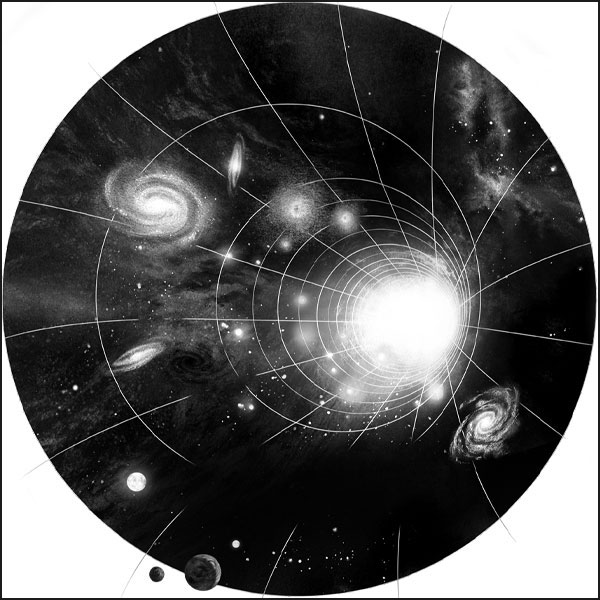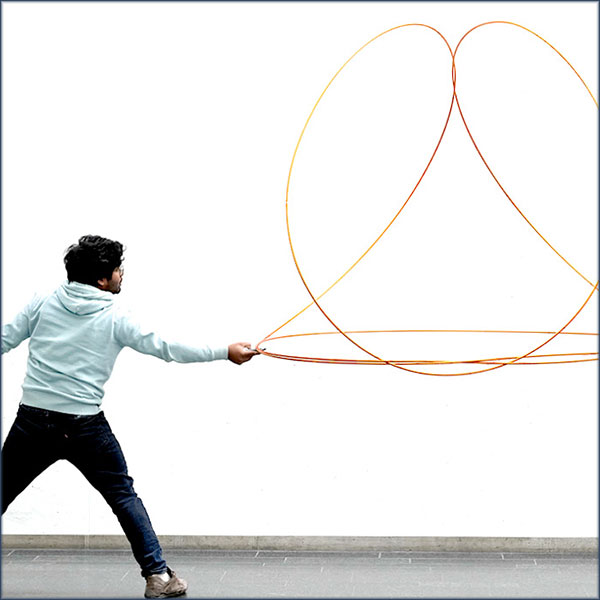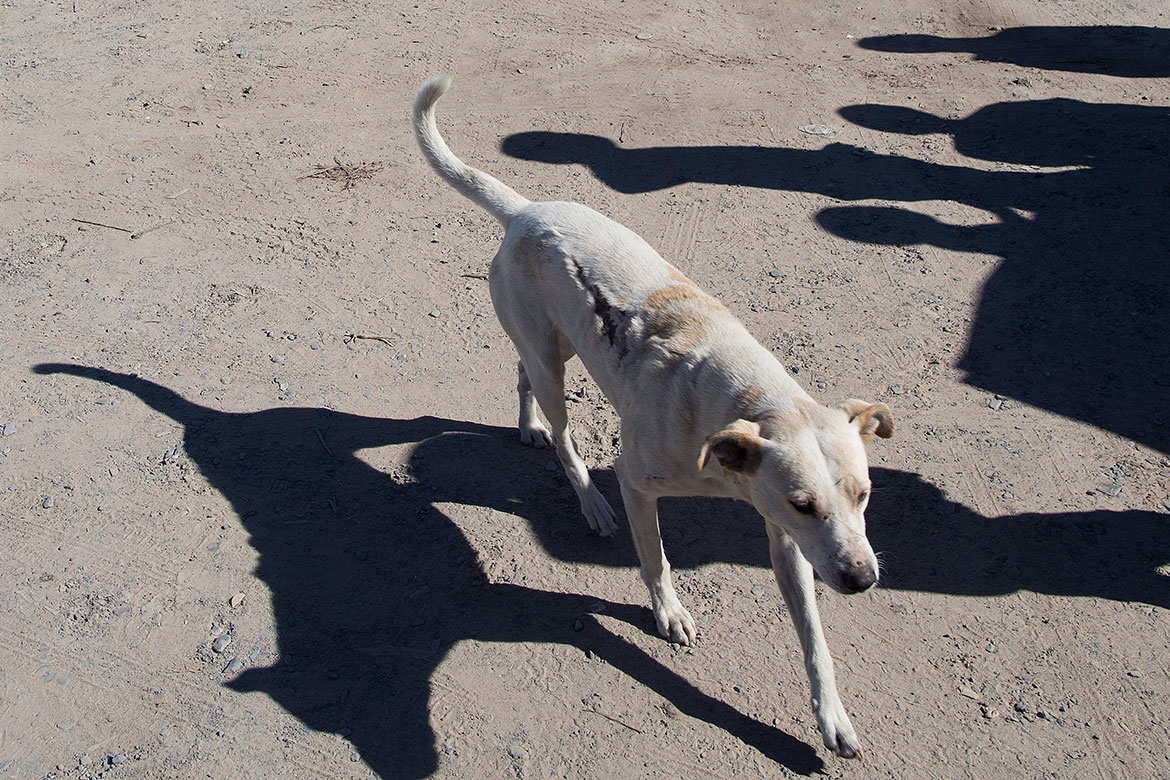STANDPOINT
“It’s not enough for serious science journalism”
In late 2025, the main science programme of Radio SRF 2 will be cancelled. Otfried Jarren has co-organised a petition against the closure. He’s a professor emeritus in communication science at the University of Zurich and a former president of the Federal Media Commission.

Otfried Jarren believe the Swiss Broadcasting Corporation (SRG) ought to work more closely with science institutions. | Photo: Christian Beutler / Keystone
The science magazine currently featured on Radio SRF 2, the second German-language radio station of the Swiss broadcaster SRG, will be discontinued at the end of 2025. Two petitions were submitted in early February 2025 in protest at this decision. Otfried Jarren co-organised one of them. He’s a professor emeritus in communication science at the University of Zurich and a former president of the Federal Media Commission.
Otfried Jarren, why are you fighting to keep the science magazine going?
Because otherwise, a broadcasting slot for science will be lost. This brings with it the risk of a reduction in resources. The structure of the science editorial team mustn’t be allowed to suffer, nor may the quality of what they offer.
Is it worth fighting for a format whose reach is waning?
This is indeed an ambivalent issue. The SRG is right when they claim that it’s music that creates a bond with the radio. When people hear the spoken word for long stretches, they switch over. And it’s true that science isn’t an easy topic. But if a format disappears, it’s no longer clear where people can find information about science, and the community will become smaller. We can’t allow that to happen.
Your petition committee was able to speak to Nathalie Wappler, the director of SRF. What was the outcome of that?
I have to acknowledge that the SRF is highly aware of scientific topics. They want to maintain their expertise in science, consolidate it, and distribute their content in a variety of formats. This is all understandable from a management perspective. But there’s also a danger that their expertise and the breadth of their topics will suffer. It’ll become more difficult for journalists to choose topics themselves. As the suppliers of information, they’ll have to spend more time reacting to current events. But this isn’t enough for serious science journalism.
Overall, editorial teams in science are getting smaller, and there are fewer of them. What can the SRG do to ensure the quality of reporting?
The SRG ought to work more closely with science institutions, the universities, the SNSF and the Academies. They could build up a community of researchers so they could learn about innovative projects at an early stage, and get suggestions for topics. They could also try out new communication formats.
Should research institutions finance a foundation to save science journalism in Switzerland?
That idea isn’t new, and it’s not fundamentally wrong. But even if journalistic outputs are supported by a foundation, you still have to be able to publish them and disseminate them. Just because that model works for the left-wing weekly newspaper Wochenzeitung, would the conservative daily Neue Zürcher Zeitung really follow suit? There’s less and less space for science in the print media. And why should a foundation – especially if it’s funded by public money – be financing or subsidising a publishing house? Then there’s the question of whether articles funded by a foundation would be seen as truly independent journalism. What we have to do is hold the SRG accountable and support it in providing this public service.



